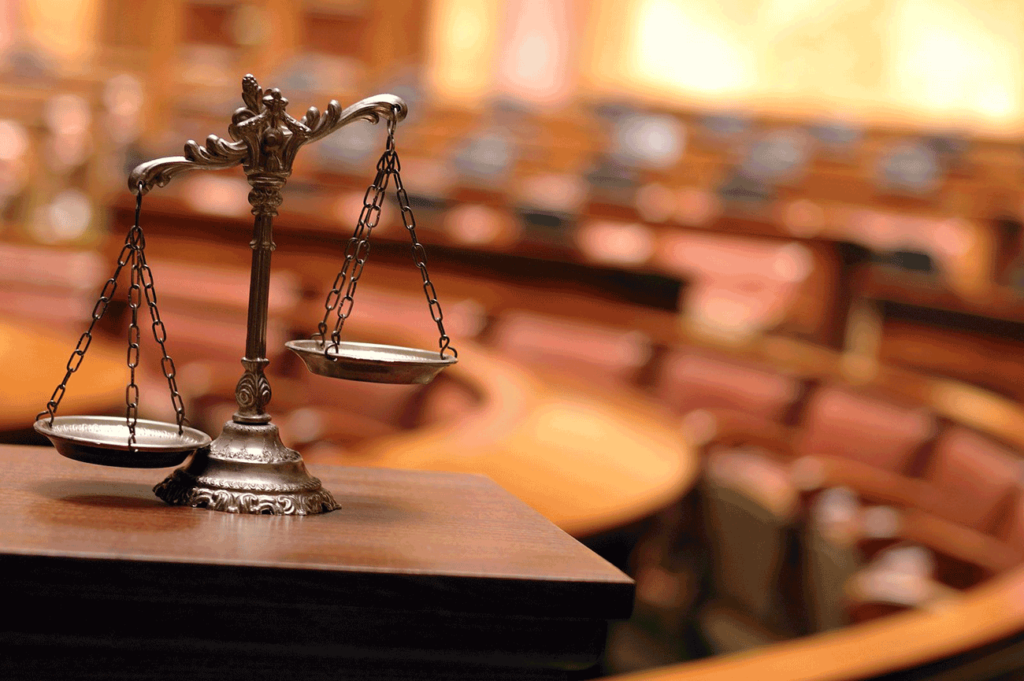In Mid-June 2018, The United States Supreme Court Decided A Case With A Rationale That Interestingly Applies To Police Blood Testing And The Blood Search Warrant.
The Effects On Our 4thAmendment Protections Against Unreasonable Searches And Seizures
The Case, United States Vs Carpenter, Holds That The Government May Not Seize Data Concerning Cell Phone Locations Absent An Emergency Or Exigency, And Absent A Search Warrant Issued By A Neutral And Detached Magistrate Who Finds Probable Cause To Do So.
BLOOD SEARCH WITHOUT A WARRANT
Our 4thAmendment Right Under The Constitution Has A Preference That, For Searches To Be Legal, They Must Be Under The Authority Of A Search Warrant.
Although There Are A Few Exceptions To The Warrant Requirement, They Pale In Comparison To The Responsibility That Belongs To The Government For Justifying A Search Without A Warrant.
Exceptions To A Warrantless Search Include:
- Driver Consent,
- Emergencies Or Exigencies Or,
- Routine Matters That Leave Little Discretion For An Officer Like An Automobile Inventory Before It Is Impounded Where He Makes Note Of The Property In The Vehicle To Protect The Owner As Well As The Officer Performing The Inventory From Allegations Of Theft.
THE 3-DAY LIFE OF A WARRANT
By Statute, A Warrant Has A Life Of Only Three Days, So Searches On A Timed-Out Warrant Are Illegal And The Evidence Derived From It Becomes Inadmissible In A Court Proceeding.
Accordingly, A Blood Search Warrant Can Only Authorize Both The Initial Seizure Of The Blood And Any Subsequent Testing, Provided That The Testing Is Done Within That Three-Day Window.
It’s Important To Note That Almost All Blood Testing Is Done Weeks To Months After The Initial Seizure And Is Performed Outside The Authority Of The Initial Valid Warrant.
PHONE DATA = BLOOD SAMPLE DATA
This Brings Us Back To The Carpenter Case.
The Vast Amount Of Data Stored On A Cell Phone Or Mobile Device Is Very Similar To The Amount Of Data Contained In A Blood Sample.
In Fact, A Short While Ago The United States Supreme Court Decided Another Cell Phone Case, California Vs Riley, That Held That The Contents Of A Cell Phone Were Indeed Private And Protected.
Further, The Court Went On To Say That, Unless An Exception Applied To Searching The Phone, A Separate Warrant Was Needed To Access The Data.
ARGUING CONSENT AND THE BLOOD SEARCH WARRANT
According To The Court, A Warrant Was Required Even When The Cell Phone Had Been Initially Seized On A Legal Basis.
Of Course, All This Is Good News For Those Accused Of DWI, Because A Skilled Defense Attorney Can Make A Legal Argument That Subsequent Blood Samples Analyses, In Order To Be Used Against The Accused, Must Be Based On Either A Warrant Or Consent.
As An Aside, Even If There Was Consent To Take The Sample, There May Not Have Been Consent Given To Test The Sample.
Further, Earlier Limited Consent To Take The Sample Does Not Authorize Police To Test It.
Moreover, Even If There Was Consent Given, The Citizen Still Has The Right To Withdraw Consent.
Further, If Police Test It Without Consent Or A Warrant, A Good Defense Attorney Would Point Out To The Court That The Citizen’s Search And Seizure (Privacy) Rights Were Violated.
ASK US ABOUT YOUR BLOOD TEST AND YOUR RIGHTS
In Summation, If You Have Been Arrested For DWI And Your Blood Was Seized Pursuant To Consent Or A Blood Search Warrant, It Does Not Automatically Mean The Blood Results Can Legally Be Used Against You.
If You Have A Blood Case, Feel Free To Call Us And Let Us Walk You Through How Your Constitutional Rights Can Protect You And Make This The Great Country That It Is.


